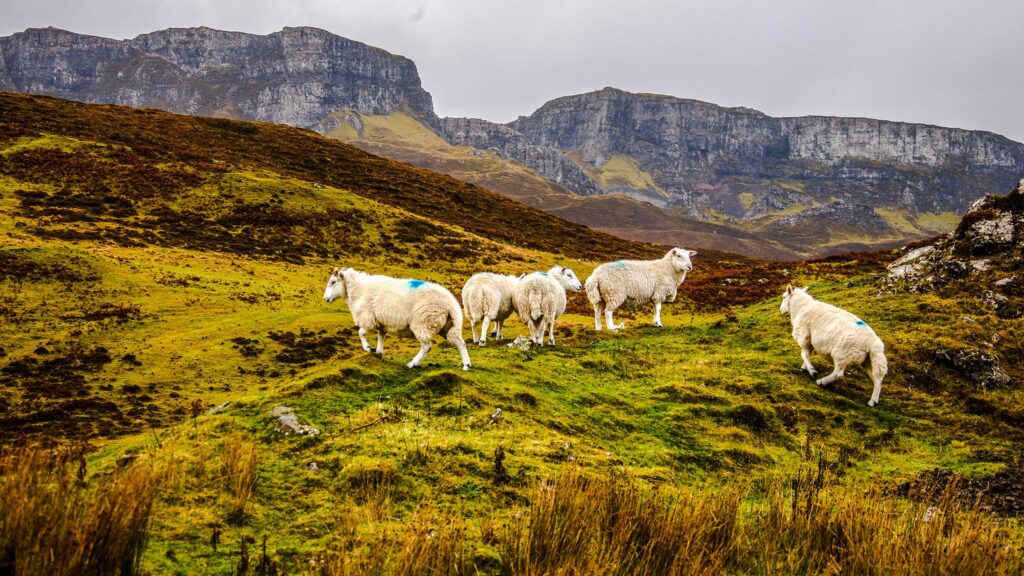Scots apply bluetongue restrictions on English livestock
 © Adobe Stock
© Adobe Stock With the whole of England now an active bluetongue restricted zone (RZ), cattle and sheep keepers must comply with new regulations prior to sending their animals over the border into Scotland.
Defra designated the whole of England as a BTV-3 Restricted Zone from Tuesday (1 July), which removed restrictions on movements of cattle and sheep within England.
However, while that permits susceptible English animals to move freely up to the border, there are restrictions when crossing into Scotland and Wales.
See also: Vaccinate breeding stock against bluetongue, Welsh vets warn
Keepers who wish to move cattle and sheep into Scotland now need to present a negative pre-movement test, or prove cattle have completed the vaccination programme with the Boehringer Bultavo-3 vaccine and show no clinical signs of infection.
Vaccine licence
The vaccine, though licensed for use in sheep and cattle across Great Britain, is only licensed to avoid pre-movement testing in cattle.
As a result, all movements of sheep and cattle not vaccinated using Bultavo-3 into Scotland require a negative pre-movement test within seven days of travel, regardless of vaccination status.
Vaccination remains a vital tool in protecting animal health, NFU Scotland said, and recognises that all available vaccines provide effective protection against the symptoms of BTV-3.
However, the union stressed manufacturers are presently unable to demonstrate that any vaccine prevents the transmission of BTV-3 in sheep.
“For that reason, the Scottish government will continue to require pre-movement testing of all sheep moving into Scotland, regardless of vaccination status,” NFU Scotland animal health and welfare policy manager Penny Middleton said.
Trade consequences
The measures are expected to have significant consequences for cross-border trade, particularly for Scottish producers who regularly market stock at English sales and may now face costly and complex return protocols.
Despite the potential negative effects of the new regulations NFU Scotland remains opposed to the country joining the RZ, citing the need to maintain strong disease prevention measures.
But it says it will keep its position under review as the situation progresses.
